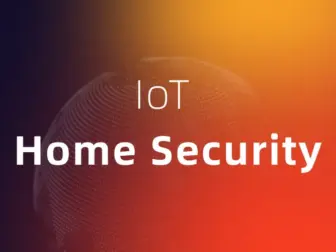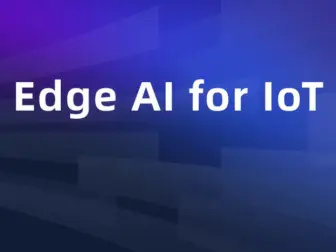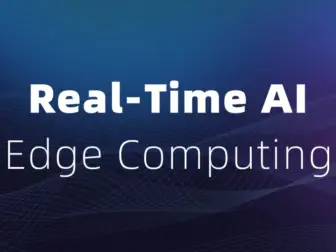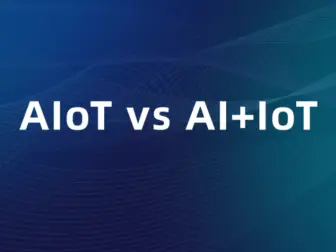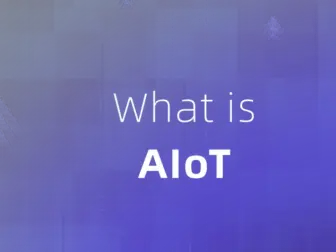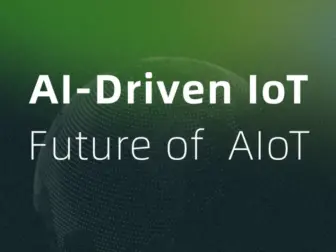Tag - iot
Blog, Edge Computing and Data Analytics , March 12, 2025 , AI Applications, Cloud-Edge Collaboration, Data Security, Edge Computing, iot, Machine Learning, Real-Time AI
AI and Machine Learning, Blog , February 19, 2025 , AIoT, Artificial Intelligence, Data Analysis, embedded development, Energy IoT, Health Devices, iot, IoT Platforms, Smart Cities, Smart Homes
AI and Machine Learning, Blog , February 19, 2025 , AIoT, Cloud-Edge Collaboration, Data Analysis, embedded development, Healthcare Devices, Industrial IoT, iot, Smart Cities, Smart Homes
AI and Machine Learning, Blog , February 19, 2025 , AI in Healthcare, AI Robots, AIoT, Artificial Intelligence, Edge Computing, energy management, Industrial AI, iot, Logistics Automation, Smart Agriculture
Blog, Embedded System Development , February 5, 2025 , data visualization, embedded systems, Graphics Interface, HMI, iot, Lightweight, LVGL, Microcontroller, Open Source, RTOS
AI and Machine Learning, Blog , January 26, 2025 , AI-Driven IoT, automation, Big Models, Data Analysis, Edge Computing, Industrial IoT, iot, Smart Agriculture, Smart Decision-Making
The Impact of IoT on Businesses: Revolutionizing Industry with Smart Technology
The Internet of Things (IoT) is changing the way businesses operate by connecting everyday devices to the internet and allowing them to communicate with each other. This technology has the potential to revolutionize industries across the board, from manufacturing to healthcare to retail. Companies are leveraging IoT to improve efficiency, increase productivity, and enhance customer experiences.
One of the key benefits of IoT for businesses is the ability to collect and analyze data in real-time. By connecting devices to the internet, companies can gather valuable insights about their operations, customers, and products. For example, manufacturers can use IoT sensors to monitor equipment performance and predict maintenance needs, reducing downtime and saving costs. Retailers can track customer behavior in stores to optimize layouts and promotions, leading to increased sales.
IoT is also enabling businesses to automate processes and streamline operations. By connecting devices and systems, companies can create smart workflows that eliminate manual tasks and improve accuracy. For instance, logistics companies are using IoT to track shipments in real-time, optimize routes, and reduce delivery times. Healthcare providers are using IoT devices to monitor patients remotely, improving care and reducing hospital readmissions.
Furthermore, IoT is transforming customer experiences by enabling personalized and efficient services. Companies can use IoT data to tailor products and services to individual preferences, creating a more engaging and satisfying experience for customers. For example, smart home devices can learn users’ habits and adjust settings automatically, enhancing comfort and convenience. IoT-enabled wearables can track users’ health metrics and provide personalized recommendations for fitness and wellness.
Despite the many benefits of IoT, businesses must also address challenges such as data security and privacy concerns. As more devices are connected to the internet, the risk of cyber attacks and data breaches increases. Companies need to implement robust security measures to protect sensitive information and ensure compliance with regulations.
In conclusion, IoT is revolutionizing industries by enabling businesses to collect data, automate processes, and enhance customer experiences. Companies that embrace this technology stand to gain a competitive advantage in the rapidly evolving digital landscape. By leveraging IoT to drive innovation and efficiency, businesses can unlock new opportunities for growth and success in the future.
